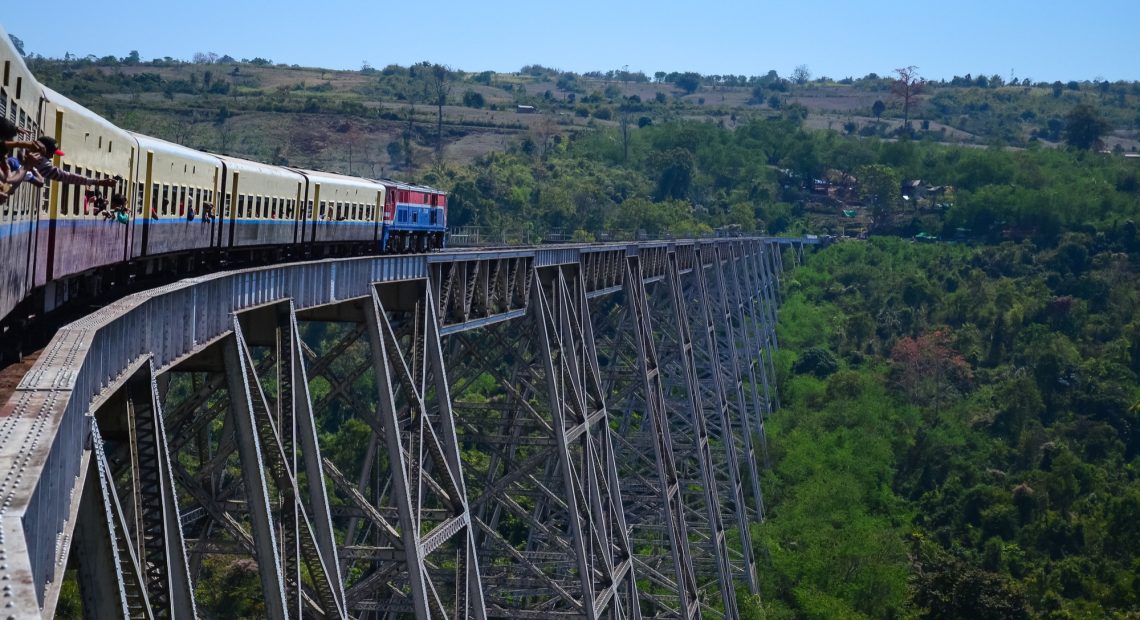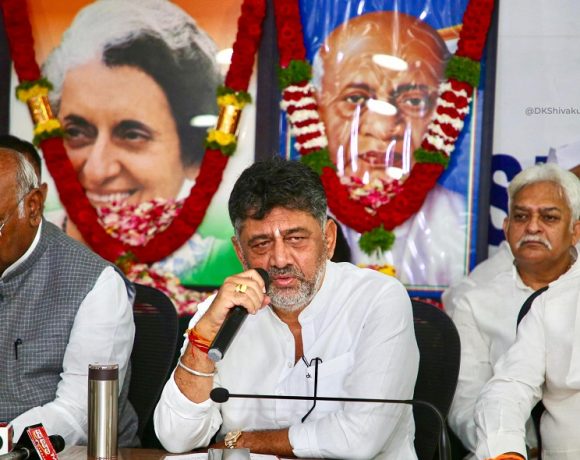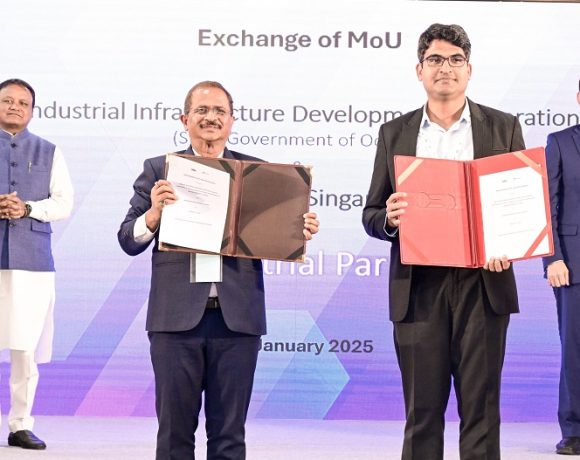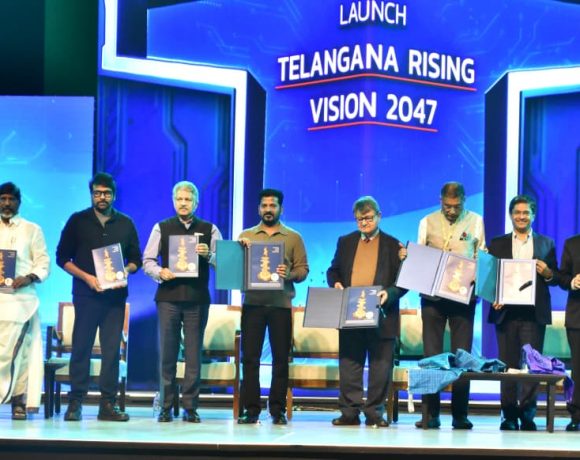
Cabinet Approves Chennai Metro Phase-II Project Worth ₹63,246 Crore
The Union Cabinet, chaired by Prime Minister Narendra Modi, has given the green light to the Chennai Metro Rail Phase-II project, which is set to transform the city’s public transport infrastructure.
The project, approved on Thursday, will add three new corridors to the existing network, covering a total length of 118.9 km and featuring 128 stations. With a budget of ₹63,246 crore, the new phase is expected to be completed by 2027.
Phase-II Project Details and Corridors
The approved Phase-II project includes three major corridors:
- Corridor-I: Madhavaram to SIPCOT, spanning 45.8 km with 50 metro stations.
- Corridor-II: Lighthouse to Poonamallee Bypass, covering 26.1 km with 30 stations.
- Corridor-III: Madhavaram to Sholinganallur, stretching over 47 km with 48 stations.
Once Phase-II becomes operational, Chennai will have a comprehensive metro rail network of 173 km, enhancing connectivity across the city’s key areas. The new corridors will link North to South and East to West, covering major influence zones like Madhavaram, Perambur, Thirumayilai, Adyar, Sholinganallur, SIPCOT, Kodambakkam, and Anna Nagar, among others.
Boost to Infrastructure and Public Transport
The Chennai Metro Phase-II project is expected to significantly improve urban mobility and reduce traffic congestion in the city. By providing an efficient alternative to road transport, the project aims to alleviate congestion on some of Chennai’s busiest routes, reducing travel time and increasing road safety. The metro network will also connect major industrial, commercial, residential, and institutional hubs, catering to the transportation needs of the workforce in these areas.
The extension of the metro network will be particularly impactful for rapidly growing regions like Sholinganallur, which serves as a hub for the south Chennai IT corridor. The metro corridor’s connectivity to ELCOT will support the transportation requirements of the burgeoning IT workforce, promoting smoother commutes and better accessibility.
A Transformative Step for Chennai’s Urban Mobility
The government has emphasized that the Chennai Metro Phase-II project will be a transformative development for the city’s infrastructure. It will connect several key areas and provide effective public transport solutions, benefiting both residents and the workforce. The project is also expected to boost economic growth by improving accessibility to various commercial and industrial clusters.
“The Metro Rail, as an efficient alternate to road transport, will help alleviate traffic congestion and ease travel on heavily congested routes of the city,” the official statement noted. “Reduction in road traffic will lead to smoother movement of vehicles, reduced travel time, and increased overall road safety.”
With the project’s completion by 2027, Chennai’s public transport landscape is set to undergo a major transformation, positioning the city as a leader in sustainable urban mobility solutions.


















